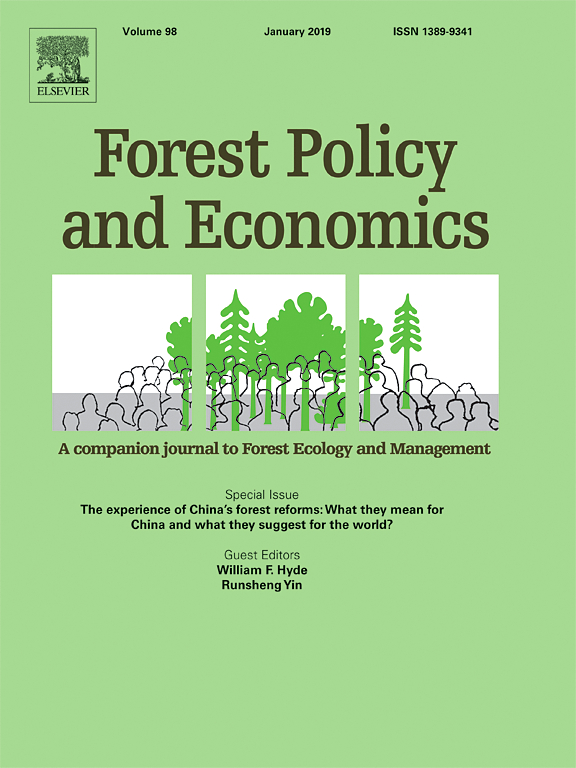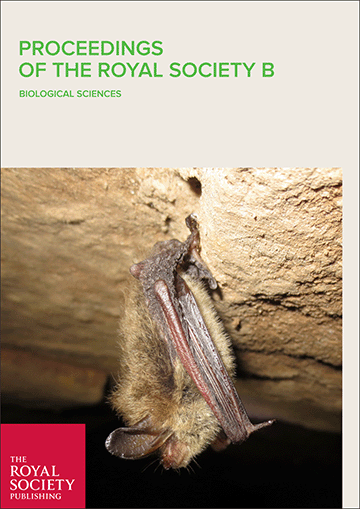This study examines the effect of forestry policy devolution and economic development in two Mosuo matrilineal communities where women play a large role in the utilization, management and conservation of forest resources. Two matrilineal villages in Ninglang, China are compared, the first in which forests are well protected, tourism has made villagers relatively rich, and some negative influences on gender equality have begun to appear; and the second where a traditional livelihood made from the forest has kept villagers poor and deforestation is severe, but gender relations remain relatively balanced. The article details the gender division of labour and how it has been affected by tourism development, changes in forest use, regulation and ownership, problems in forest management, gender relations, and Mosuo women's key role in afforestation. The author concludes that tourism development provides a better livelihood and thus helps protect the forest, which in turn benefits tourism, and therefore livelihood, in various cycle, but does this in part by displacing forest degradation to other areas. A lack of such development, by contrast, leads to a vicious cycle of forest degradation driven by the poverty of local people. In both cases, however, the Mosuo matrilineal system and its traditional use and regulation of forest resources helps to protect forests.
DOI:
https://doi.org/10.1177/097185240100500102
Altmetric score:
Dimensions Citation Count:

Publication year
2001
Authors
He Zhonghua
Language
English
Keywords
forest resources, gender, tenure, forest policy, tourism, matriarchy, gender relations, labour, livelihoods, women, forest conservation
Geographic
China























